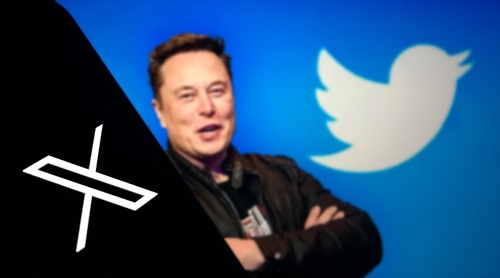The Post has learned that Advanced Chinese robots apparently are made to appear eerily human-like and they are ready to hit the market; however, US lawmakers insist on an all-out rejecting injunction from their home state.
Although this has not been a headline yet, some Chinese firms are starting to produce humanoid robots that can pick up and move boxes at high speeds, but also mimic human expressions.
A leading Chinese firm, Unitree Robotics, has built a $90k robot that can run up to 11 mph. For $16,000 less you get the basic policeman model that can take a kick and punch and spin its baton. Others are developing similar products.
Jacob Helberg, who helped lead a successful campaign to pass legislation this spring requiring the sale or prohibition of TikTok and serves on an influential US-China Economic Security Review Commission echoes these concerns even louder.
“I think we’re 12 months away from a ChatGPT moment where the world goes from being asleep to awake on this issue,” he added.
Chinese Communist Party or state-sponsored bad actors may do something someday in significantly more sophisticated fashions, turning the robots — which are at present mere benign household helpers and horribly-efficient assembly line drones — into spybots that can listen in on American civilians.
“They can strangle someone in their sleep,” Helberg told The Post. “They can punch a data center and inflict physical harm and destruction of property.
“Ultimately, if TikTok was a Chinese spy balloon in your pocket, Chinese drones on US soil are poised to be a Chinese PLA stealth army on our land,” added Helberg. “And we can’t allow that to happen.”
Helberg, a member of the powerful US-China Economic and Security Review Commission, was on hand at an event in June with House Majority Leader Steve Scalise (R-LA) — a harbinger of the danger that Chinese-produced humanoid robots can present to US markets, he cautioned.
Critics described the warning as alarmist, or even ridiculous. Scary humanoid robots are “a long way away”, according to former Homeland Security deputy assistant secretary Paul Rosenzweig.
“There are lots of things in China to worry about, like our competition in AI and their access to American tech and data…But this kind of stuff is just a distraction from much more significant problems,” Rosenzweig said.
Last autumn, the Chinese government announced that it had set requirements for millions of humanoid robots to be mass produced by 2025 and reach world-class performance no later than 2027. They have pitched their expectations as competing with US companies like Boston Dynamics and Tesla, run by Elon Musk.
Notably Musk has predicted that 20 billion humanoid robots will eventually exist, but he cautioned we “need to be careful that they don’t go all Terminator on us.”






